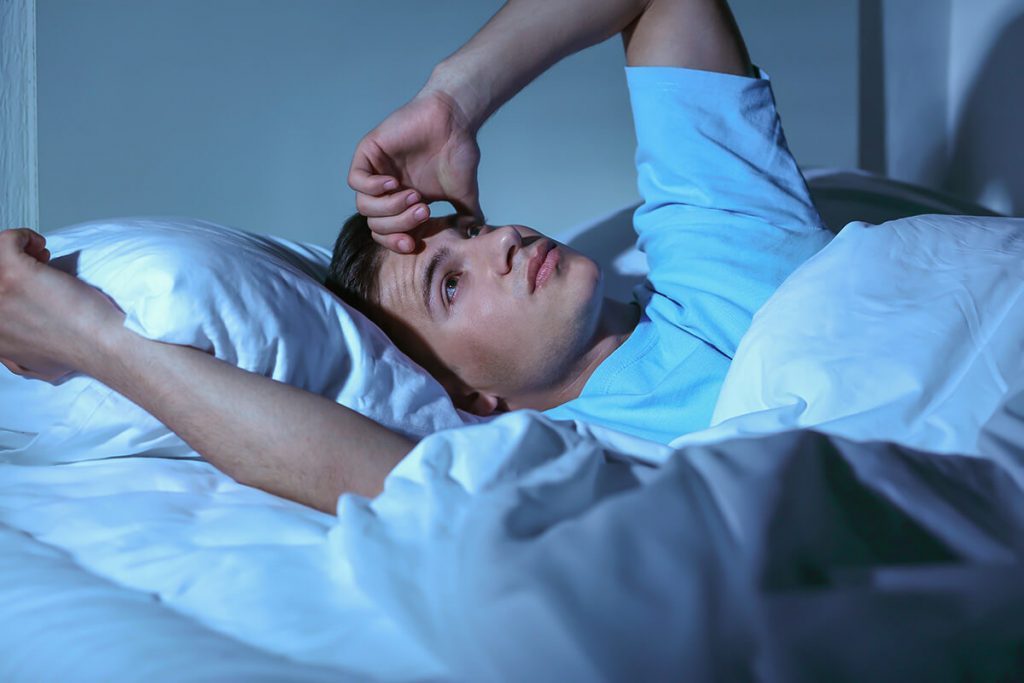
Effects of poor quality sleep
Increased attention has been turned towards the effect of sleep on mental health. There is a need to improve the mental health situation of the population due to spiraling health costs. Mental disorders are expensive to treat, and some end up affecting the individual for the rest of their lives. Adults and children have different representations of mental illnesses, so it is important to consider the differences in which sleep impacts them. Below is a discussion on the relationship between poor sleep quality and mental disorders. It involves background information on poor quality sleep and mental disorders, link between poor quality sleep and various mental disorders, two solutions that have been provided to reduce poor quality sleep, and the best solution that addresses the issue of poor quality sleep.
Personality
Poor sleep quality is associated with one’s personality. A study was conducted by Homework Help on the effect of sleep quality on personality. The study analyzed 22,000 participants aged between 30 and 107 years. The study uncovered that there is a link between one’s personality and sleep quality. There are five personality dimensions including neuroticism, extraversion, openness, agreeableness, and conscientiousness. As determined by the study, neuroticism is the extent to which a person experiences distress and negative emotions. Having high scores on the neuroticism trait contributes to low quality sleep.
The study defined extraversion as the ability to be sociable and experience positive emotions. Therefore, high scores on the extraversion trait result in good quality sleep. High scores on openness, agreeableness, and conscientiousness were also related to good sleep. The implication of the study is that sleep disorders should be addressed on the basis of one’s personality, and people whose personalities tend to experience poor sleep should take caution in implementing measures that promote good quality sleep (Stephan et al, 2018). Based on the study, lack of sleep is caused by one’s personality dimension. Also, the study linked poor quality sleep to changes in personality. Lack of sleep was associated with increased neuroticism, and declined agreeableness and conscientiousness.
Environmental Factors
Environmental factors such as noise, uncomfortable sleeping situations, high or low temperature, or light could cause problems in getting and maintaining sleep. Bad sleep hygiene also increases the likelihood of poor quality sleep. Assignment workers suggest that habits such as using the bedroom for purposes other than sex and sleep could lead the mind to associate it with stimulating experiences. For this reason, an individual may have difficulties in falling asleep. Also, watching television, listening to the radio, or working on the computer in the bedroom could lead to problems falling asleep. Having bright lights in the bedroom causes sleep disturbances as it disrupts the circadian rhythm needed for getting good quality sleep. Having uncomfortable beddings may disrupt sleep rhythms as the individual may keep readjusting the beddings in order to remain comfortable.
Medical Factors
Medical factors contribute towards lack of sleep due to the symptoms associated with the conditions. For instance, people who have been diagnosed with asthma may face difficulties in maintaining sleep due to breathing problems. Narcolepsy is also a genetic condition that is associated with an imbalance between sleep and wakefulness. Disorders that are accompanied by pain could also induce sleep disorders as the individual may face difficulties in maintaining sleep. There are other health conditions that require taking medication that could disrupt sleep balance. Such medications may lower sleep quality.